DSC Analysis
DSC analysis according to DIN EN ISO 11357 (Differential Scanning Calorimetry) is a method of thermal analysis. It is primarily used to determine material-specific temperatures such as the glass transition temperature Tg of amorphous polymers and the melting temperature Tm of crystalline polymers. This method is also of great importance for the determination of caloric quantities and the investigation of crystallization behavior.
The sample quantity required for the analysis is a few milligrams and is subjected to a defined temperature-time program during the course of the measurement. In the process, the sample is heated to above the melting point or the glass transition point. Subsequently, a defined cooling rate ensures uniform crystallization behavior before the sample is heated again. The first heating curve shows the thermal history of the sample. This allows conclusions to be drawn about the processing of the material. With the help of the cooling curve, statements can be made about the crystallization behavior of the sample. The second heating curve shows the pure material properties without processing influences.
DSC analysis is used in a wide range of applications in plastics technology. It is a useful tool in quality and production control, offers a fast method of material analysis and is also used in the development of new materials.

